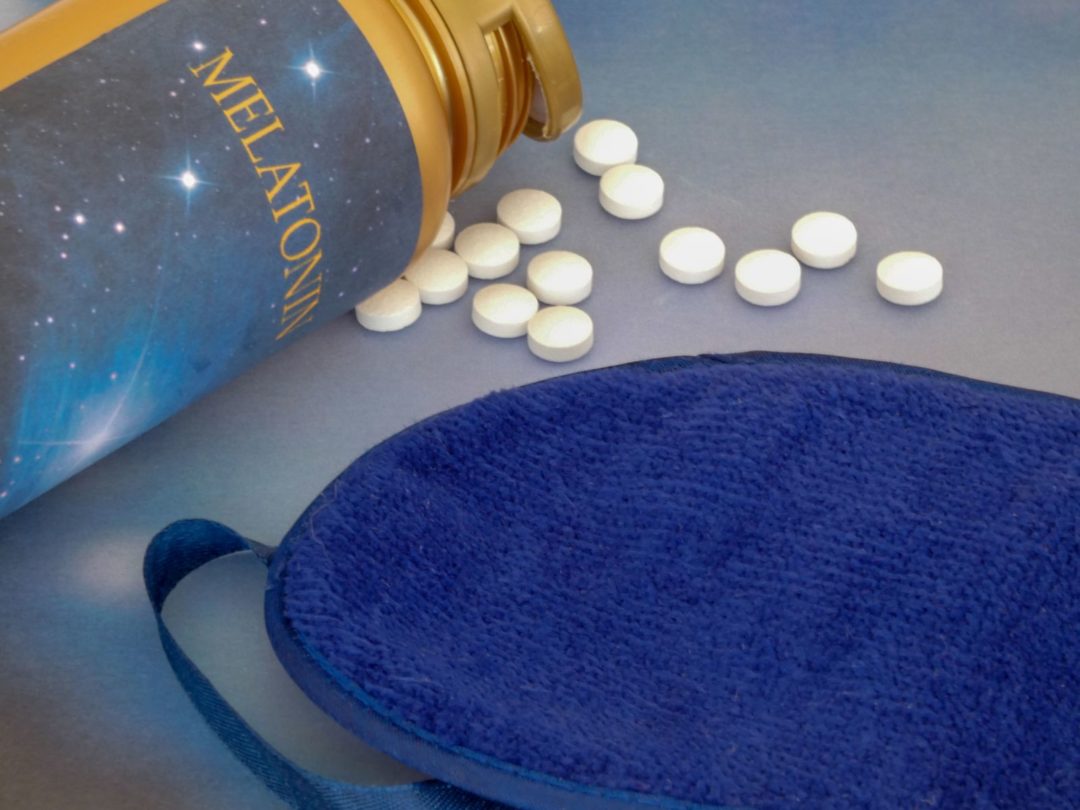The researchers introduce the paper by saying: Exogenous supplementation of melatonin, one of the key hormones governing circadian rhythm, is indicated for treatment of circadian rhythm sleep disorders and, despite insufficient evidence, is widely used as an over-the-counter sleep aid.” They go on to note that while melatonin is generally regarded as safe, data on long-term use and high-dose use are scarce, and that there is quite a bit of variety in over-the-counter formulations.
They found that overall reported weighted prevalence of melatonin use increased from 0.4% in 1999-2000 to 2.1% in 2017-2018, with an increase beginning in 2009-2010. Trends were similar across sex and age groups.
Melatonin is typically recommended in dosages of 5mg/day or below. In line with this, melatonin use of larger doses than that wasn’t reported before 2005-2006. Prevalence in that cycle was 0.08%, but increased to 0.28% in 2017-2018. The authors expressed concern over this, noting that “the actual content of melatonin in marketed supplements may be up to 478% higher than the labeled content.”
Considering these numbers, the researchers recommend studying the long-term safety of melatonin supplementation.
Related: CHPA Releases Animation Calling for DSHEA Modernization Saffron Extract May Help Support Restorative Sleep, Study Suggests Future of Dietary Supplements Discussed at CHPA’s RSQ
The Consumer Healthcare Products Association issued a statement from Duffy MacKay, SVP Dietary Supplements, in response. MacKay stated: “The prevalence of melatonin supplementation increased significantly over a 20-year period, which tracks perfectly with the growing use of dietary supplements as a safe way to promote health and wellness. In addition, self-reported use of higher levels of melatonin (greater than 5 mg/d) was very low, showing that consumers are using the product responsibly. Melatonin continues to be a safe and prudent option for consumers who want to support their healthy sleep, especially in scenarios where there is no insomnia and self-care is appropriate. If sleep problems persist, then it makes sense to talk to a doctor and seek medication.“With a growing interest in the category, we encourage consumers to speak with their healthcare providers regarding any use of dietary supplements,” MacKay continued. “For more information on the safe use of dietary supplements, including aninteractive toolon how to read a supplement facts label, please visit theCHPA Educational Foundation.”










